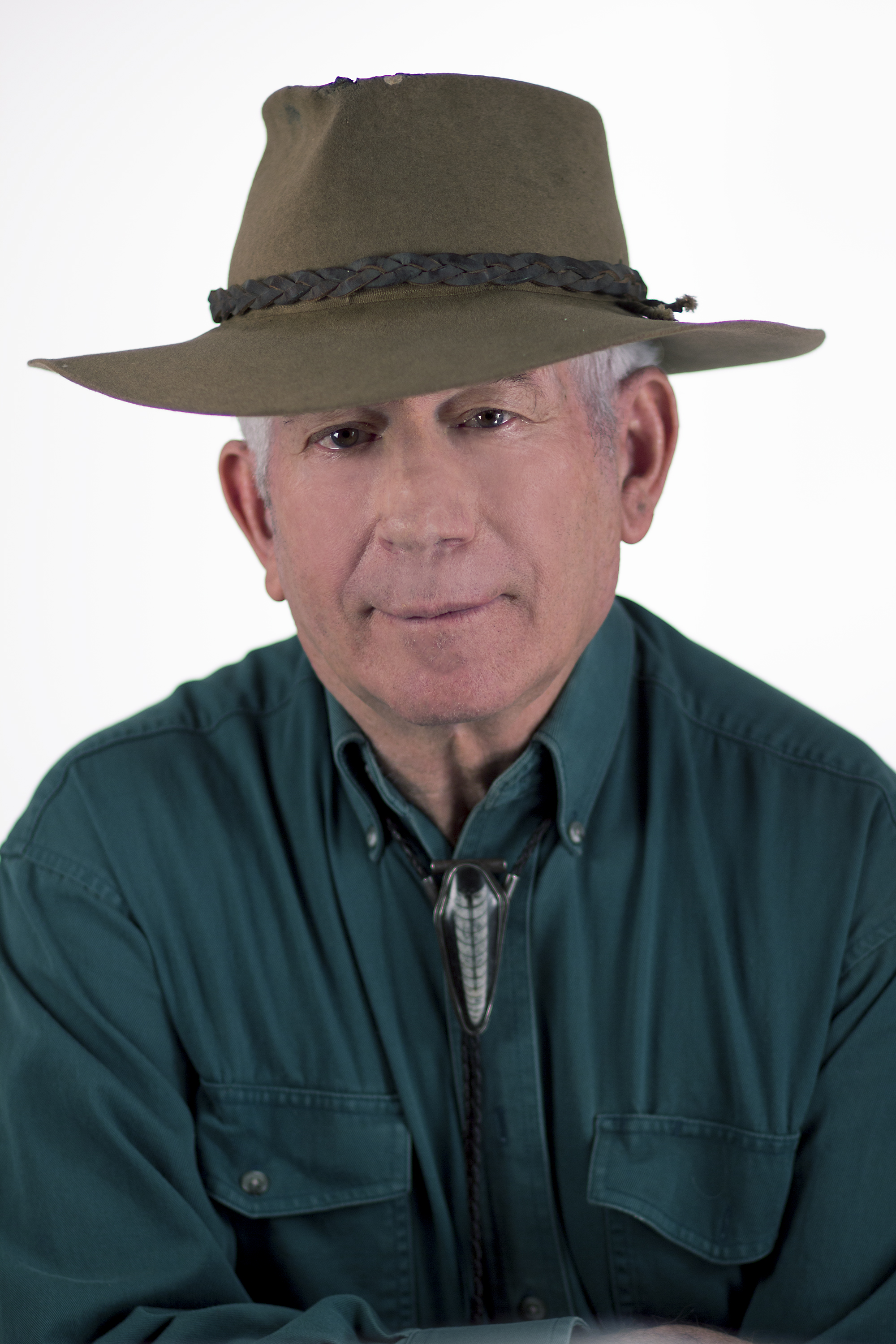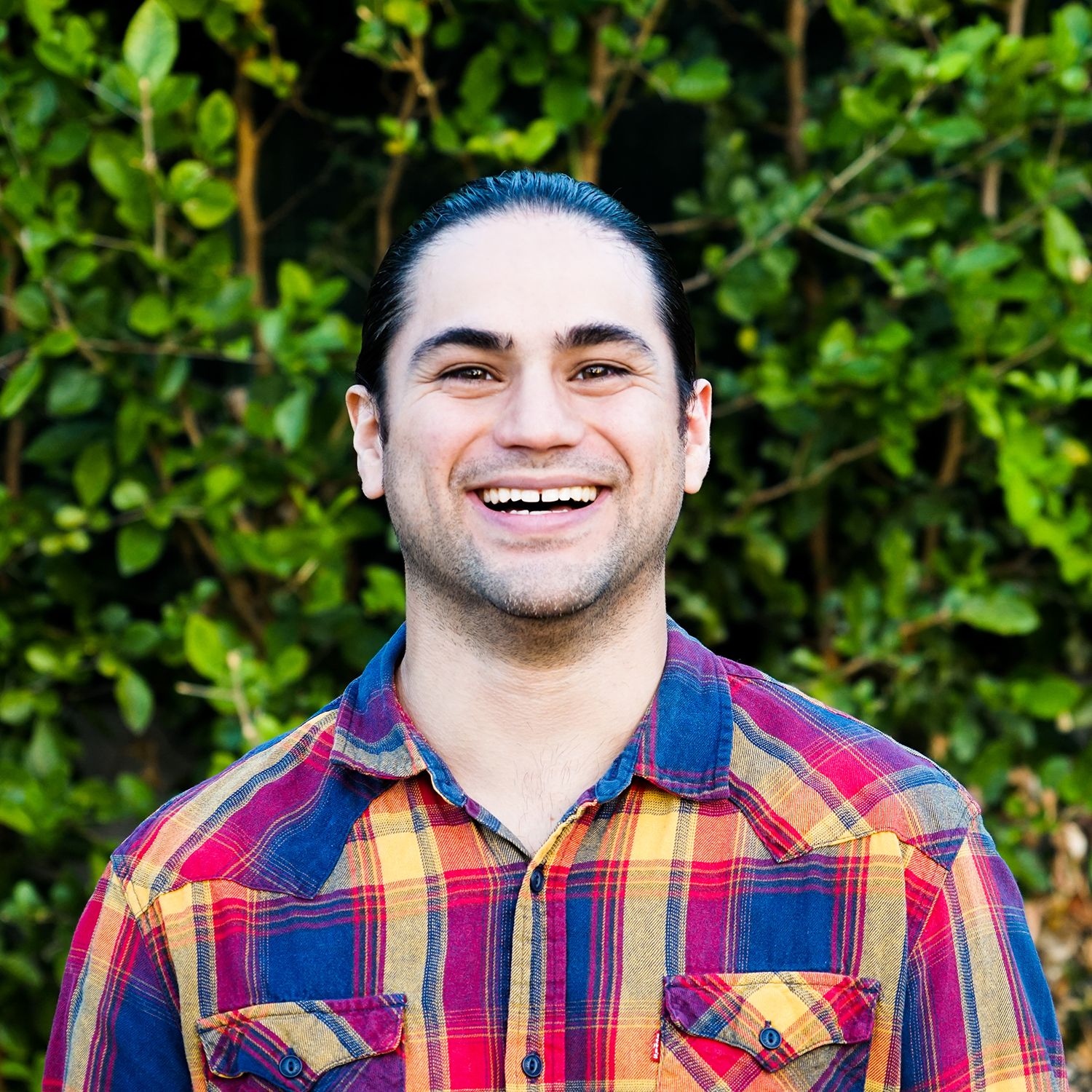Episode 109: Mark Nelson Regenpreneur Startup Story - Taking on Challenges while Pushing the Envelope
Mar 15, 2023
Promotional Links:
- Free Resource Commons and Community Forum: an open community of regenerative entrepreneurs creating change through the business they start, build, and grow.
- Synergetic Press: a diverse and eclectic catalog of books that cover topics such as ecology, sustainability, indigenous cultures, visionary art, and more. Use discount code tao20 at checkout for a 20% discount that also supports the podcast.
This week’s podcast guest is Mark Nelson, a long-time regenpreneur highly knowledgeable about the importance of the interconnectedness between us and the Earth, as well as between us and our community. He is also one of the creators and participants of Biosphere 2, where he lived for two years. We’re talking about taking on challenges, accepting and integrating feedback, pushing the envelope, and waste systems. If you enjoy today’s episode, please review us on Apple podcast or follow us on your preferred podcast platform.
Episode Show Notes:
New Mexico Land: Mark starts off by sharing his love for farming and ranching much of which was done in partnership with friends and colleagues at Synergia Ranch.
**Institute of Ecotechnics:** Mark mentions the organization he founded and is the Director of. Ecotechnics was started around the same time Earth Day began and the whole ecology movement was picking up steam.
Three Core Focuses: Around 16 minutes into the interview Mark mentions that he and his colleagues found that three core pieces helped them create several dozen regenerative enterprises. Enterprise, theater, and ecology are the three motivating factors for almost every project they’ve created.
“Own your land and business:” 19 minutes into the convo Mark mentions how important it is to own the land and means of production in order to build and grow regenerative enterprises.
Bucky Fuller: Roughly 30 minutes in Mark mentions how Bucky Fuller inspired him and his friends to focus on bioregional ecology.
**John Allen and Synergia Ranch:** Mark is also great friends with John Allen who started Synergia Ranch in New Mexico and helped invent Biosphere 2. John is mentioned 31 minutes into the interview and Synergia Ranch is brought up throughout.
**The Haraclytus:** 33 minutes in and we get to talk about the research vessel Mark helped build and sail that built synergistic relationships all over the world. ****
Rainforest Timber project in Puerto Rico: 34 minutes in and we hear a few projects that came from the Haraclytus travels. one of those being a rainforest Timber Project.
Australia Restoration project of grasslands: another project resulting from the synergies made from the Haraclytus world travel.
Increase the Challenges you take on in life: Mark has a beautiful quote 36 minutes into the interview: ****“To keep people from stagnating we have to increase the challenges we take on”
Waste Water Gardens: An hour into the interview we start talking about Waste Water Gardens.
The Waste Water Gardener Book: Pick it up at Synergetic Press! Use tao20 for 20% off! =)
The scientific term of Synergy: the interaction or cooperation of two or more organizations, substances, or other agents to produce a combined effect greater than the sum of their separate effects:
“Dream no small dream”: Mark hopes that we all take away from his story a will to dream no small dream and make big things happen.
Margret Mead’s quote: also in reference to his story he hopes we embody the following quote: “Never doubt that a small group of thoughtful, committed, citizens can change the world. Indeed, it is the only thing that ever has.”
Mark’s personal website: check out this link for other papers, articles, podcasts, and other references Mark shares on his personal website.

Guest Bio:
Mark Nelson
Dr. Mark Nelson is a founding director of the Institute of Ecotechnics and has worked for several decades in closed ecological system research, ecological engineering, the restoration of damaged ecosystems, desert agriculture and orchardry and wastewater recycling. He is Chairman and CEO of the Institute of Ecotechnics (www.ecotechnics.edu), a U.K. and U.S. non-profit organization, which consults to several demonstration projects working in challenging biomes around the world; Vice Chairman of Global Ecotechnics Corp. (www.globalecotechnics.com), head of Wastewater Gardens International (www.wastewatergardens.com).
Mark has helped pioneer a new ecological approach to sewage treatment, “Wastewater Gardens®” which are constructed subsurface flow wetlands with high biodiversity and has created over 90 such systems in Mexico, Belize, Bali & Sulawesi, Indonesia, West Australia, France, Spain, Portugal, Poland, the Bahamas, the Philippines, Algeria and the United States since 1996 (www.wastewatergardens.com).
He served as Director of Space and Environmental Applications for Space Biospheres Ventures, which created and operated Biosphere 2, the 3.15 acre materially closed facility near Tucson, Arizona, the world’s first laboratory for global ecology (www.biospheres.com). Dr. Nelson was a member of the eight person “biospherian” crew for the first two year closure experiment, 1991-1993. His research inside included litter fall/decomposition in the tropical biomes, population dynamics and biomass increase, sustainable agricultural system, and constructed wetland sewage treatment system.
Beginning in the 1970s, Mark worked in the high desert grassland south of Santa Fe, New Mexico where he made hundreds of tons of compost, planted over a thousand fruit and windbreak trees, creating an oasis in previously overgrazed and eroding country. Since 1978 Mark has worked in the semi-arid tropical savannah of West Australia where he helped start Savannah Systems P/L a project centered on the pasture regeneration and enrichment of a 5000 acre property in the Kimberley region.
Publications include the books “Life Under Glass: Crucial Lessons in Planetary Stewardship from 2 Years in Biosphere 2” (2nd edition, Synergetic Press, 2020), “Pushing Our Limits: Insights from Biosphere 2” (University of Arizona, February 2018), “The Wastewater Gardener: Preserving the Planet One Flush at a Time” (Synergetic Press, 2014), co-authoring “Life Under Glass” and “Space Biospheres”, editing “Biological Life Support Technologies: Commercial Opportunities” and numerous chapters in books on space life support systems. His research papers include ones on ecological hierarchy, wastewater recycling through the use of constructed wetlands, and applications of closed ecological systems. Dr. Nelson is an Associate Editor of the journal Life Sciences in Space Research.
Mark’s educational background includes a Ph.D. in Environmental Engineering Sciences from the University of Florida. His dissertation involved the creation of experimental Wastewater Gardens® for protection of groundwater quality and coral reef health along the coast of Yucatan, Mexico. His M.S. was in the School of Renewable Natural Resources, University of Arizona; and his B.A. in Philosophy/Pre-Med Sciences was from Dartmouth College, Hanover, New Hampshire. Mark was awarded the Yuri Gagarin Jubilee Medal, 1993 for outstanding service to international cooperation in space and the environment by the Russian Cosmonautics Federation; and elected a Fellow of the Explorers Club (1994) and a Fellow of the Royal Geographical Society (2001).

Host Bio:
Joshua Prieto - LinkedIn Profile
Josh is the co-founder and CEO of Seeds of Tao an education and incubation company for regenerative entrepreneurs. If you ask him the purpose of SoT, he’ll tell you it is to create paths to a more inclusive, fair, and balanced economy. He feels a special kind of entrepreneur is the key to that path. In the past he has felt discouraged, disappointed, and confused by the extractive and degenerative practices of the businesses he has helped during his career as an entrepreneur and marketing strategist. When he found the regenerative and permaculture movement he realized that if entrepreneurs used regenerative principles and practices in their business our economy and culture would change from an extractive, degenerative one to a consciously regenerative one. Today he focuses on building up and increasing the number of regenerative entrepreneurs through open education services and incubator programs. He would absolutely love it if you joined him in his efforts.
